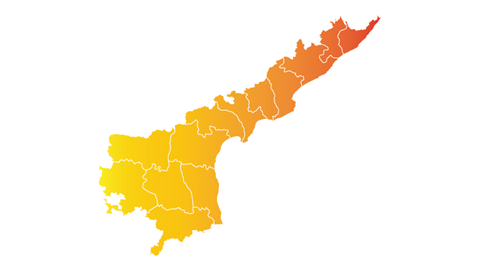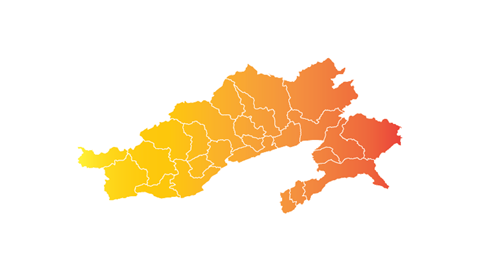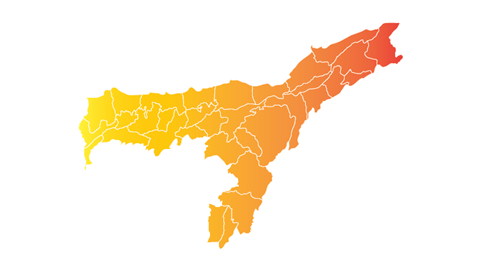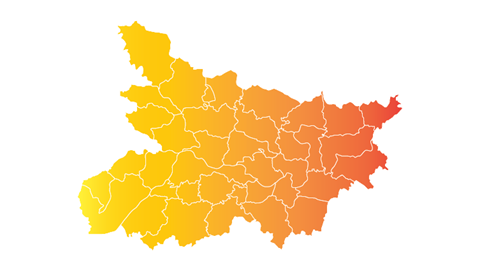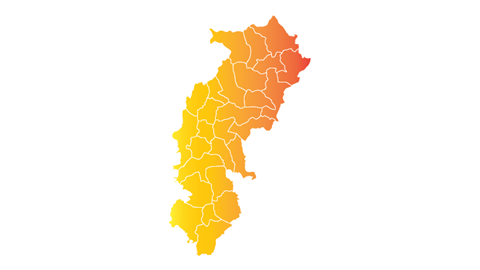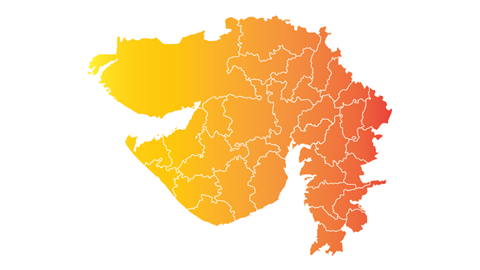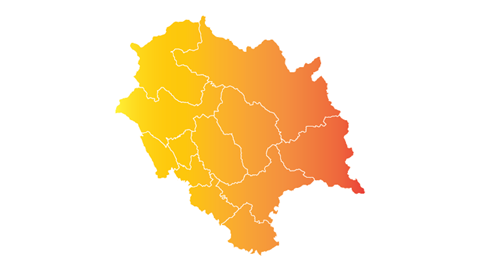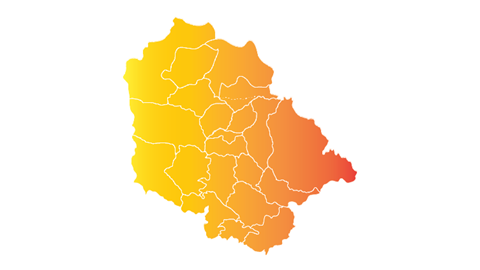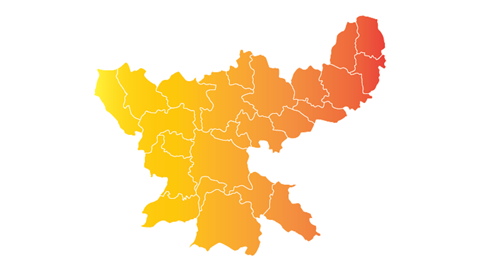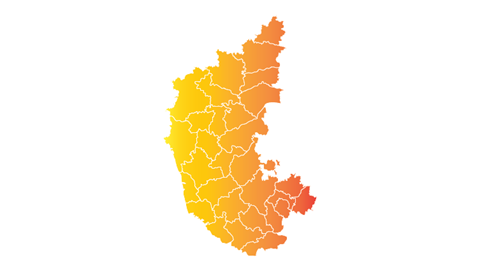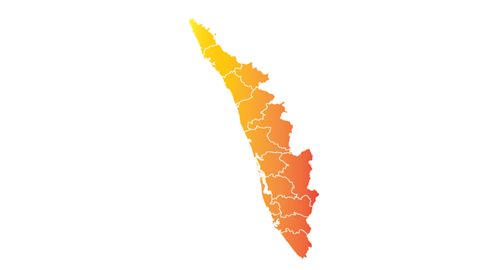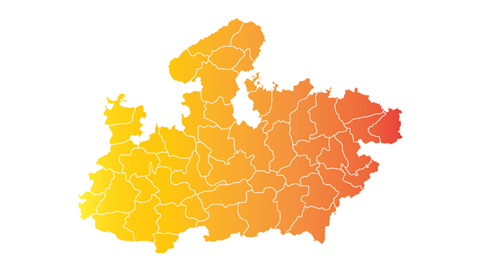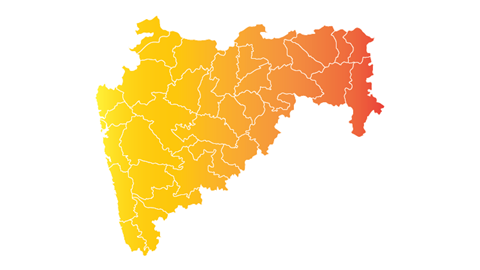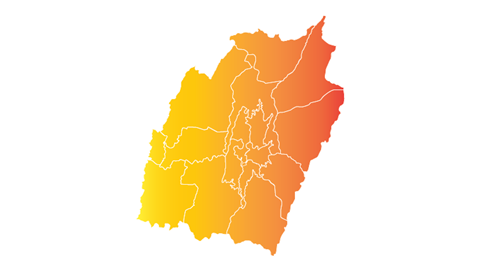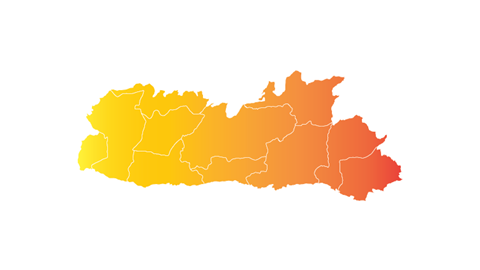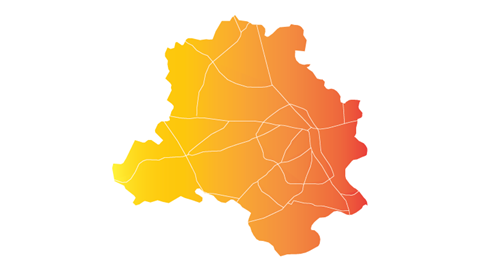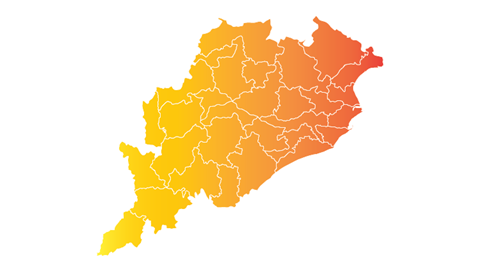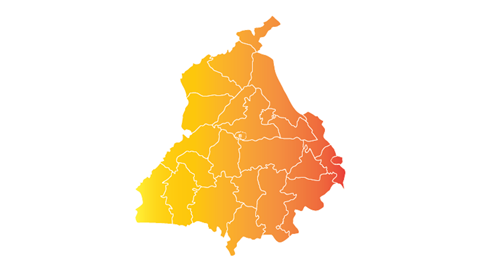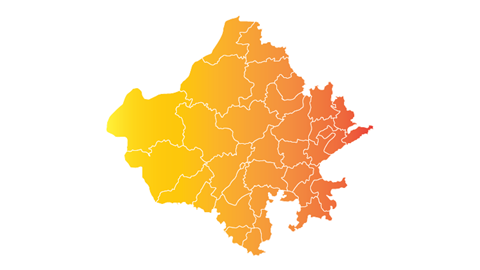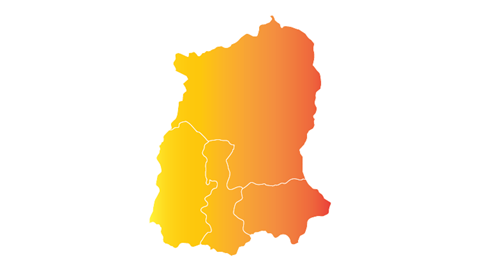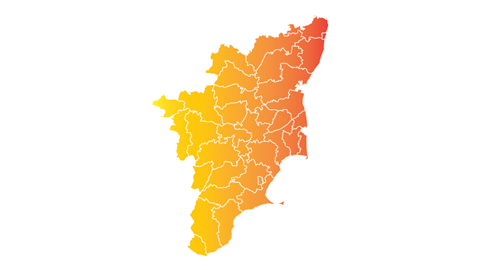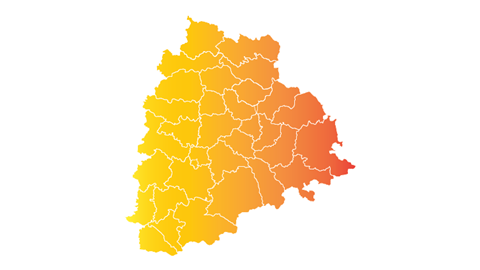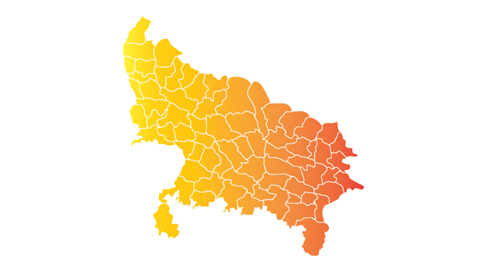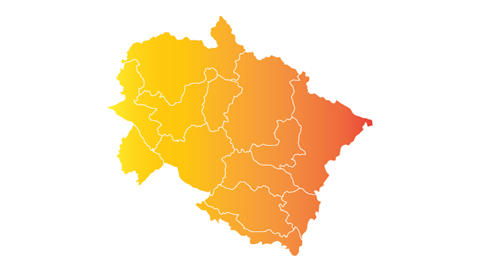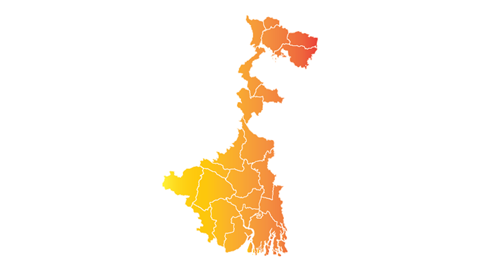Ladakh
Critical minerals, policy, and the energy transition
The Energy Transition in Ladakh, India
Ladakh, high-altitude union territory perched on the Tibetan Plateau, is turning intense sunshine and glacial rivers into a carbon-neutral energy base. In-state generation is about 139 MW, dominated by 50 MW Nimoo-Bazgo and 44 MW Chutak hydro schemes, with roughly 24 MW of solar-diesel hybrids serving Leh and Kargil. The Carbon Neutral Ladakh Vision targets 10 GW of solar and wind-solar hybrids by 2030, centred on a 5 GW plant at Pang and a 1.5 GW cluster on the Zanskar plateau. A 20 MW solar plus 40 MWh battery micro-grid at Leh airport is under construction, while NTPC is commissioning a 5 MW green-hydrogen plant to fuel buses and forward-area bases. A 10 GW, 765 kV HVDC line to Kaithal, Haryana, slated for 2028, will export surplus clean power to the national grid. Ladakh’s geology reinforces the energy pivot. Brines and borate fields at Puga and Pangong hold lithium and boron, the Indus Suture Zone contains tungsten and copper lodes, and high-grade gneisses at Tso Morari show rare-earth traces. By coupling gigawatt-scale renewables with emerging hydrogen, battery storage and critical minerals, Ladakh is positioning itself as India’s rooftop for low-carbon power and strategic materials.
A state-by-state analysis of India’s critical minerals and energy transition policies
SFA explores the state-level frontlines of India’s strategy to secure its position in the global energy transition. As demand surges for critical minerals used in electric vehicles, grid storage, solar, and hydrogen technologies, India is intensifying efforts to diversify supply, localise processing, and reduce strategic dependencies. This analysis examines how mineral endowments, state-level industrial policy, and renewable energy deployment intersect across the Indian landscape. From lithium-bearing pegmatites in Karnataka and Jammu & Kashmir to rare-earth-rich coastal sands in Tamil Nadu and Odisha, this state-by-state review highlights the opportunities and constraints shaping India’s clean-energy future and its role in global mineral security.


Meet the Critical Minerals team
Trusted advice from a dedicated team of experts.

Henk de Hoop
Chief Executive Officer

Beresford Clarke
Managing Director: Technical & Research

Jamie Underwood
Principal Consultant

Dr Jenny Watts
Critical Minerals Technologies Expert

Ismet Soyocak
ESG & Critical Minerals Lead

Thomas Shann Mills
Senior Machine Learning Engineer

Rj Coetzee
Senior Market Analyst: Battery Materials and Technologies

Franklin Avery
Commodity Analyst

How can we help you?
SFA (Oxford) provides bespoke, independent intelligence on the strategic metal markets, specifically tailored to your needs. To find out more about what we can offer you, please contact us.

